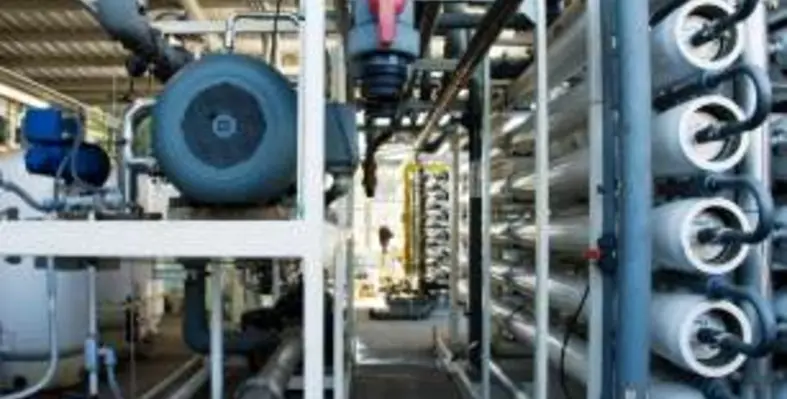Oman?s largest desalination plant, coming up in Barka, will boost water security in the sultanate?s northern region by adding approximately 62mn gallons of potable water per day to the existing water capacity of the country
Oman Power and Water Procurement Company (OPWP), the sole procurer of new power generation and water desalination capacity, recently signed a US$300mn agreement to establish the Barka Desalination Company with a consortium led by the ITOCHU Corporation.
Slated for commercial operation in April 2018, the independent water project will increase Oman?s water capacity by 20 per cent, said Ahmed bin Saleh Al Jahdhami, CEO of OPWP.
?The project is the largest desalinated water capacity ever procured in the sultanate. As such, it will be a vital addition to the main system and will positively contribute to the security of water supply in the country,? Al Jahdhami revealed.
The agreements were signed by Al Jahdhami and Toshiyuki Kosugi of the ITOCHU Corporation. Mohammed bin Abdullah al Mahrouqi, chairman of the Public Authority for Electricity and Water (PAEW), was also present at the event.
The desalination project, which will use reserve osmosis as water purification technology, will be implemented by a consortium comprising the ITOCHU Corporation, SUEZ, ENGIE and W.J. Towell & Company on a build-own-operate basis under the terms of water purchase agreements with OPWP, the company said.
Under the independent water project, OPWP will purchase potable water produced by the project under a water purchase agreement with a term of 20 years.
With water demand in Oman exceeding supply, the new project is expected to ease water shortage. The demand for potable water in Oman?s northern region is projected to grow by six per cent in the seven years up to 2020. Previous seven-year forecasts had pegged the average annual growth in the range of three to five per cent.
The project was awarded to the consortium led by the ITOCHU Corporation, which owns a 36 per cent stake, SUEZ and ENGIE own 27 per cent each and the W.J. Towell & Company holds the remaining 10 per cent stake in the project.








